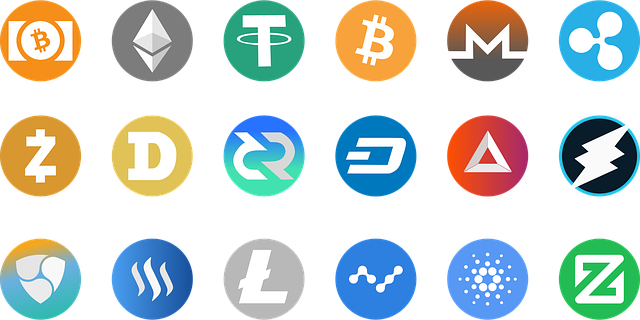Does Crypto Have Intrinsic Value?
In recent years, cryptocurrencies have gained significant attention and popularity. With the rise of Bitcoin and other digital currencies, there is ongoing debate about whether crypto has intrinsic value or if it is merely speculative hype. In this article, we will delve into the concept of intrinsic value and explore its relevance to cryptocurrencies.

Understanding Intrinsic Value
Intrinsic value refers to the inherent worth or utility of an asset, independent of its market price or perceived value. It is a fundamental concept in traditional finance, where assets like stocks and real estate are often assessed based on their underlying value, such as the company's earnings or the property's rental income.
However, when it comes to cryptocurrencies, the notion of intrinsic value becomes more complex. Unlike tangible assets, such as gold or real estate, cryptocurrencies are entirely digital and lack physical substance. This leads to a divergence in opinions regarding their intrinsic value.
The Argument for Intrinsic Value in Crypto
Proponents of cryptocurrencies argue that they do possess intrinsic value, albeit in a different form. They emphasize the underlying technology and the benefits it offers, such as decentralization, transparency, and security. For example, the blockchain technology that powers cryptocurrencies has the potential to revolutionize various industries, including finance, supply chain management, and healthcare.
The proponents further contend that the limited supply of many cryptocurrencies adds to their intrinsic value. Bitcoin, for instance, has a finite supply of 21 million coins, making it scarce and potentially valuable as a store of wealth, similar to precious metals like gold. The scarcity argument asserts that the limited supply, combined with growing demand, will drive up the price of cryptocurrencies over time.
The Counterargument
On the other side of the debate, skeptics question the intrinsic value of cryptocurrencies, claiming that they are purely speculative instruments. They argue that the price of cryptocurrencies is primarily driven by market speculation and sentiment, rather than their intrinsic worth.
Additionally, skeptics raise concerns about the volatility and lack of tangible backing, questioning whether cryptocurrencies can truly serve as a reliable store of value. Unlike traditional assets, cryptocurrencies do not have physical assets or a proven track record of stability to support their intrinsic value claims.

The Role of Perception
Perception plays a crucial role in determining the value of cryptocurrencies. In the absence of tangible backing, cryptocurrencies' value is largely derived from the confidence and belief of the market participants. If investors perceive cryptocurrencies as a viable and secure form of investment or payment, their price may continue to rise. Conversely, negative sentiment or regulatory uncertainty can cause significant value fluctuations.
The Future of Crypto's Value
As cryptocurrencies continue to evolve and gain broader acceptance, their intrinsic value outlook remains uncertain. Ongoing technological advancements, regulatory developments, and market dynamics will shape the future of crypto's value proposition.
It is worth noting that the value of cryptocurrencies extends beyond their intrinsic worth. The utility and real-world applications of these digital assets contribute to their overall value. For instance, the emergence of blockchain-based gaming platforms has introduced the concept of "play-to-earn" games, where players can earn cryptocurrencies while playing.
Top 10 Play-to-Earn Games
If you're interested in exploring the potential of "play-to-earn" games and earning cryptocurrencies through gaming, check out our curated list of the Top 10 Play-to-Earn Games on CryptoTradeSignals. These games offer an exciting opportunity to enter the world of crypto while enjoying immersive gameplay experiences.
Conclusion
Intrinsic value remains a subject of debate when it comes to cryptocurrencies. While the lack of tangible backing and market-driven price fluctuations pose challenges to the concept, the underlying technology and potential real-world applications contribute to the perceived value of cryptocurrencies. Whether cryptocurrencies possess intrinsic value or not, their influence and significance in the financial landscape continue to grow.